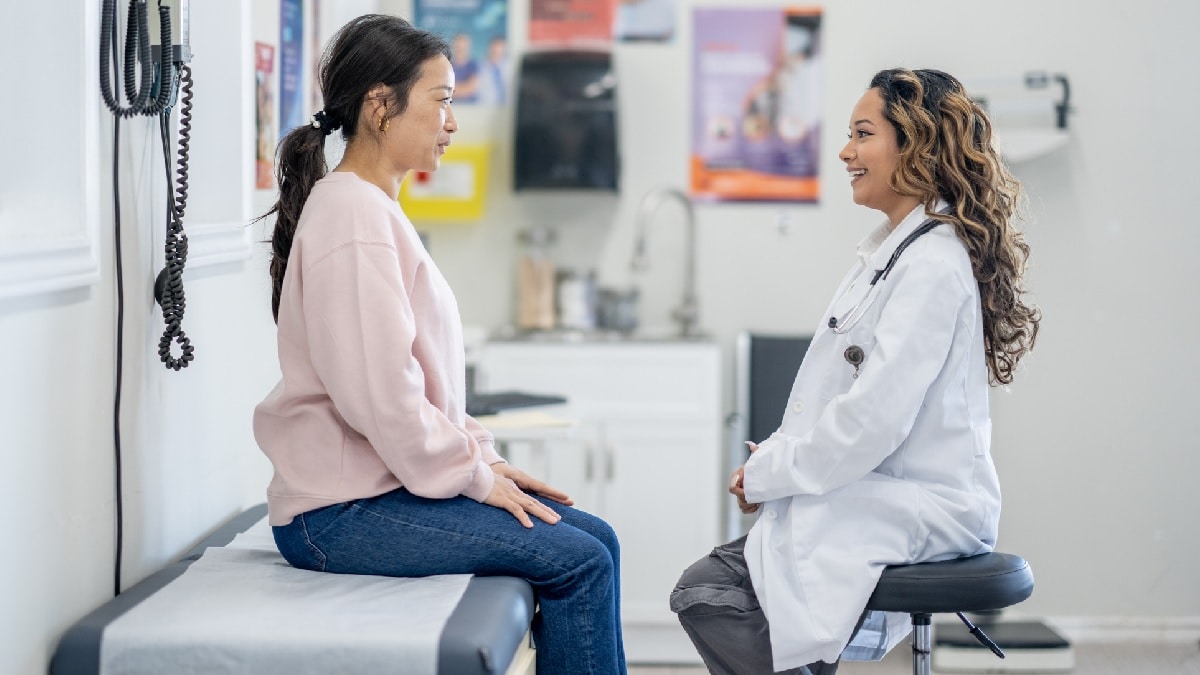What to know
In 3 years, the number of women who received cervical cancer screenings from CrescentCare tripled from 533 to 1,693.

Background
Louisiana has one of the highest cervical cancer death rates in the nation. An important goal of the Louisiana Cancer Prevention & Control Programs is to increase cervical cancer screening. CrescentCare, a health center receiving funding from the Louisiana Cancer Prevention & Control Programs, used an innovative approach to improve access to screening.
CrescentCare provides cervical cancer screening to communities that have problems getting health care, such as people with low incomes and those without health insurance.
To help more women get screened for cervical cancer, the health center improved processes for patients and doctors, which increased access to care. The Louisiana Cancer Prevention & Control Programs' Screen Up initiative helps provide screening services. CDC's National Breast and Cervical Cancer Early Detection Program provides funding to support these efforts.
Process changes
At first, many doctors at CrescentCare did not have experience providing cervical cancer screening. Patients who needed cervical cancer screening were referred to other clinics. This meant women needed more than one clinic visit to get screened.
From November 2020 to March 2023, the Louisiana Cancer Prevention & Control Programs worked with the health center to change its process. As a result of these changes, the health center trained more doctors to do Pap tests (cervical cancer screening).
Other results of the changes were:
- The health center made it easier for their staff to refer patients directly to clinics that provide cervical cancer screening.
- The health center staff began educating patients about cervical cancer screening.
- The health center sent screening reminders to both patients and doctors.
Offering Pap tests after hours
The CrescentCare team found that their clinic hours made it hard for patients to get health services. CrescentCare held four screening events, known as Pap Fests, at times when the clinic was normally closed. These events allowed patients to get their cervical cancer screening on Saturdays or during evening hours. Program staff who could speak Spanish and English helped with translations for Spanish-speaking patients during the Pap Fests. This helped more women get cervical cancer screening at the health center.

